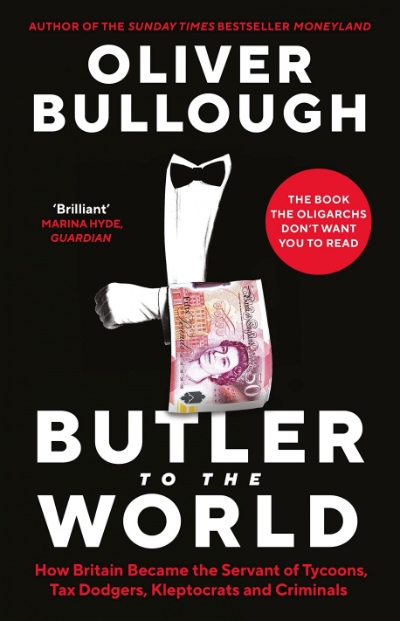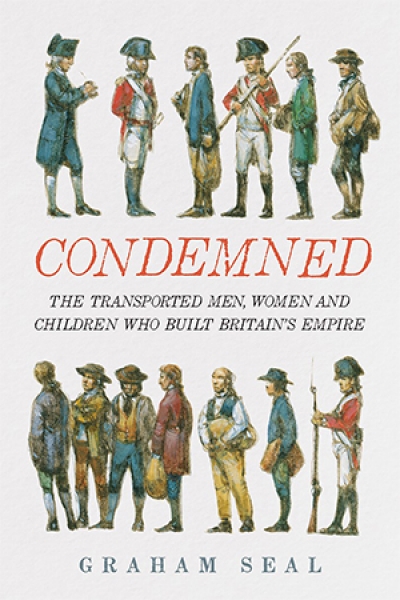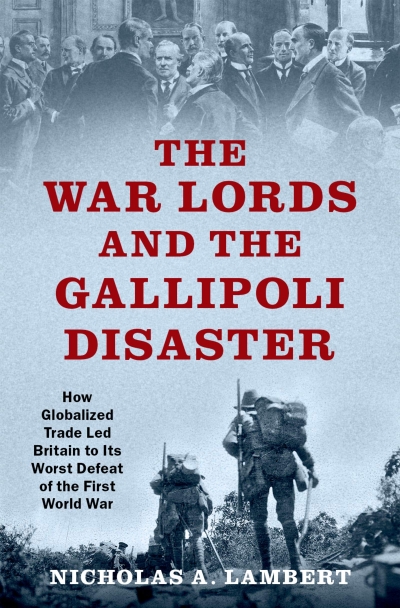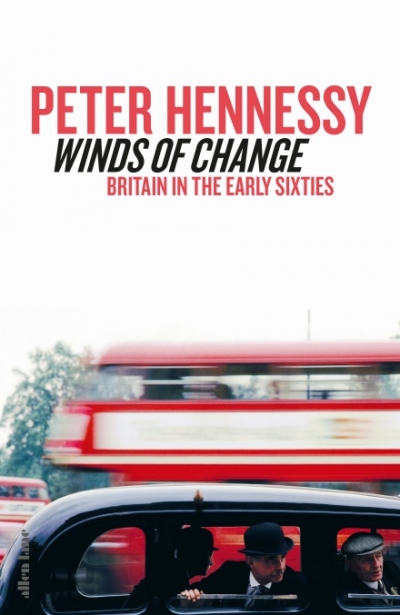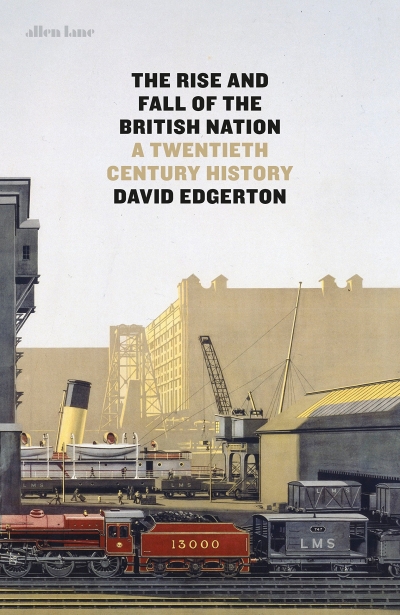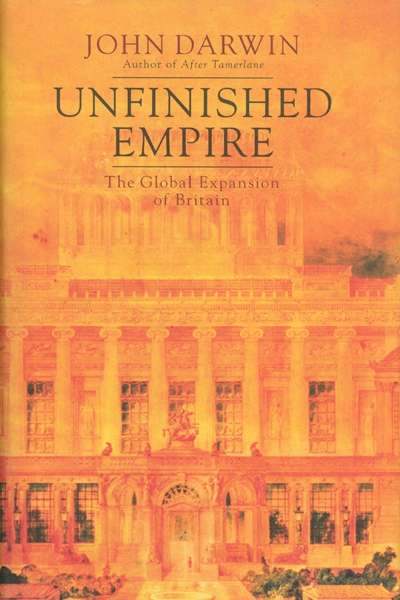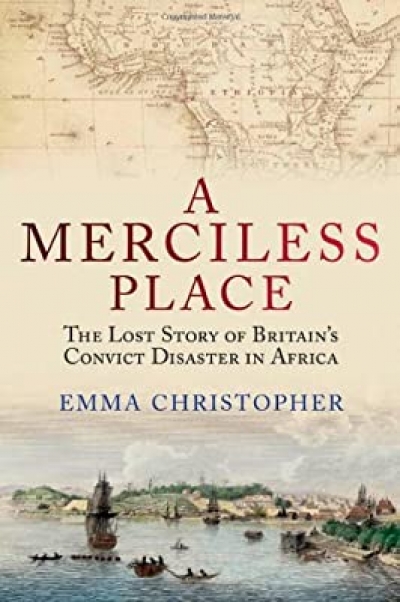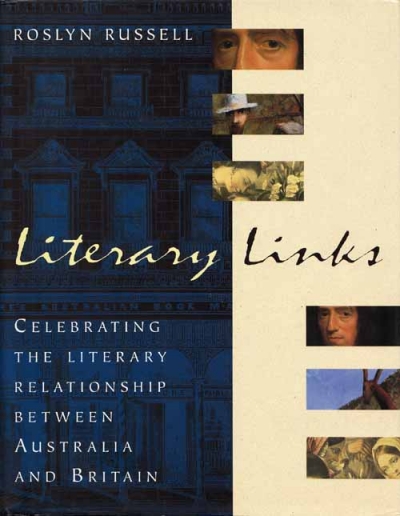Britain
Butler to the World: How Britain became the servant of tycoons, tax dodgers, kleptocrats and criminals by Oliver Bullough
by Kieran Pender •
Condemned: The transported men, women and children who built Britain’s empire by Graham Seal
by Seumas Spark •
The War Lords and the Gallipoli Disaster: How globalized trade led Britain to its worst defeat of the First World War by Nicholas A. Lambert
by Joan Beaumont •
In 2007, Britain’s Royal Mint issued a £2 coin commemorating two hundred years since the Act for the Abolition of the Slave Trade, the zero in ‘1807’ appearing as if a broken link in a chain. While interrupting the notorious transatlantic trade, the Act did not end slavery itself – that was achieved, at least in parts of the British world, with further legislation in 1833 that outlawed enslavement in the British Caribbean, Mauritius, and the Cape of Good Hope. Emphasis on the dramatic, if illusionary, chain-breaking moment in some bicentenary celebrations extended a tradition of dwelling on Britain’s role in slave emancipation.
... (read more)Winds of Change: Britain in the early sixties by Peter Hennessy
by Glyn Davis •
The Rise and Fall of the British Nation: A twentieth-century history by David Edgerton
by Simon Tormey •
Unfinished Empire: The Global Expansion of Britain by John Darwin
by Robert Dare •

